Ideas Box
A nonprofit has taken the lead on a series of portable boxes for delivery to remote or wartorn regions, each containing differing provisions for culture, education and creation

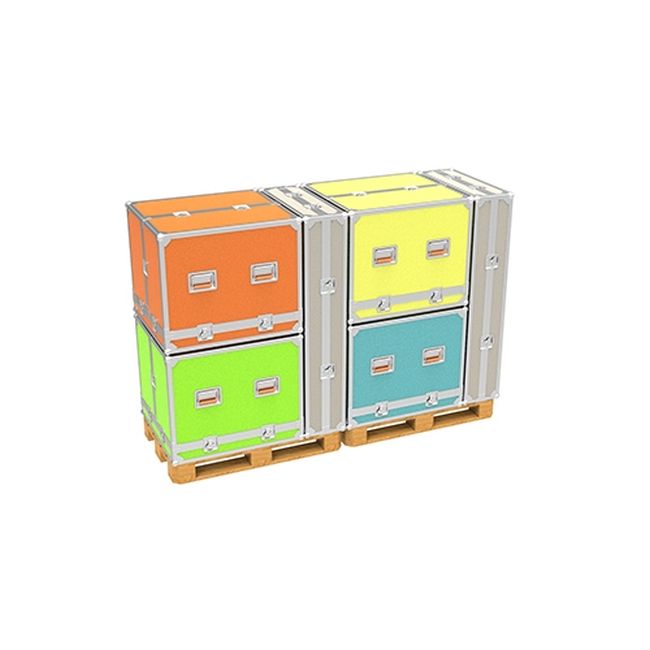
Natural disasters and war-zones have the ability to totally dismantle the basic needs for people to live their lives in a dignified way. Painstakingly picking up the pieces and restoring healthcare, shelter and food is understandably an immediate priority – but what comes after that?
The UN has declared internet access a human right, and now Ideas Box by the nonprofit Libraries Without Borders seeks to quickly and easily make the web and other forms of culture and education available in disaster-stricken or remote areas.
Philippe Starck helped realise the modular design, a series of four compact boxes that each contain different ways to fulfill cultural needs. Inside the yellow box is 15 tablet computers, four laptops and satellite and 3G internet links. A blue box contains a cinema module with built-in TV and projection screen and access to a catalogue of films, while the orange box has 250 books, 50 e-readers, 5,000 e-books and offline content from Khan Academy, Open Street Map and TED. Lastly, a green box contains tools for coding lessons and arts and crafts.
The idea is to provide a varied, wide basis for cultural education and creation in an extremely portable but solid vessel, to promote equality of learning in even the most remote places on Earth. Of course, the creators acknowledge it’s no substitute for building schools, libraries, and other provisions, but it’s certainly an appealing idea delivered in a functional and affordable fashion. The box can be unpacked by trained staff in under 20 minutes and is manufactured to be as light as possible.
Ideas Box is being used in various areas around the world right now – including Burundi, Rwanda and Syrian border countries. But the team hopes it will also ship to Darfur, Palestine, Democratic Republic of Congo and more locations as development continues.
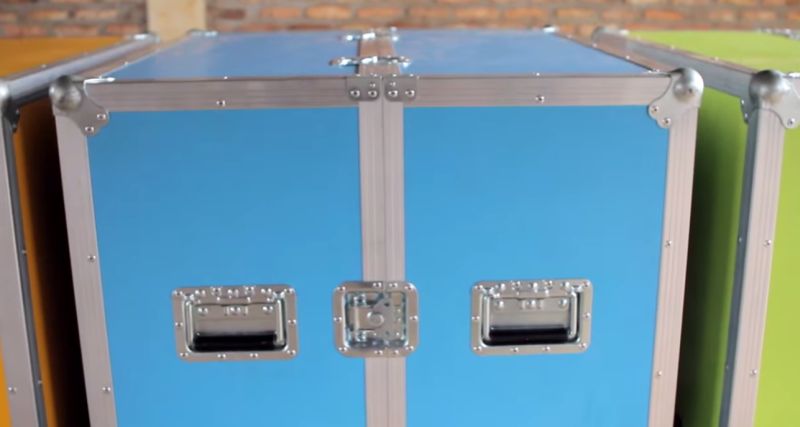
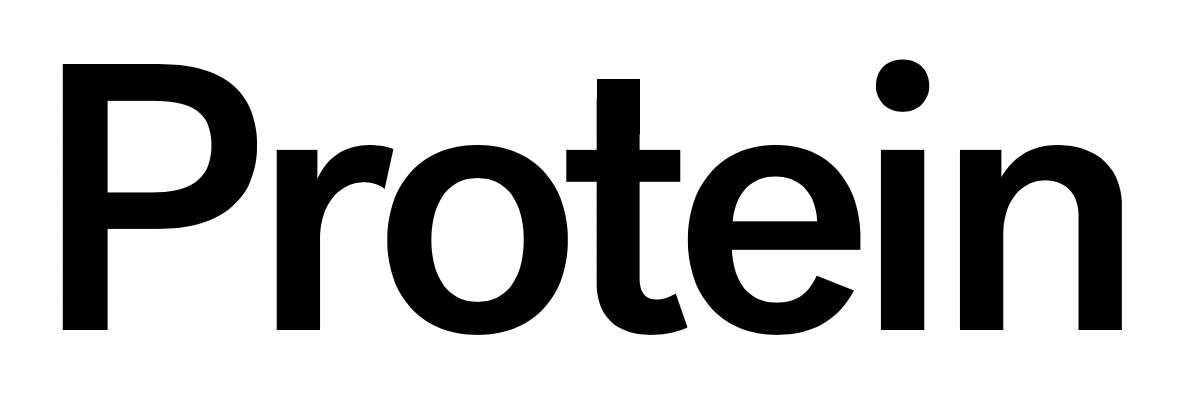
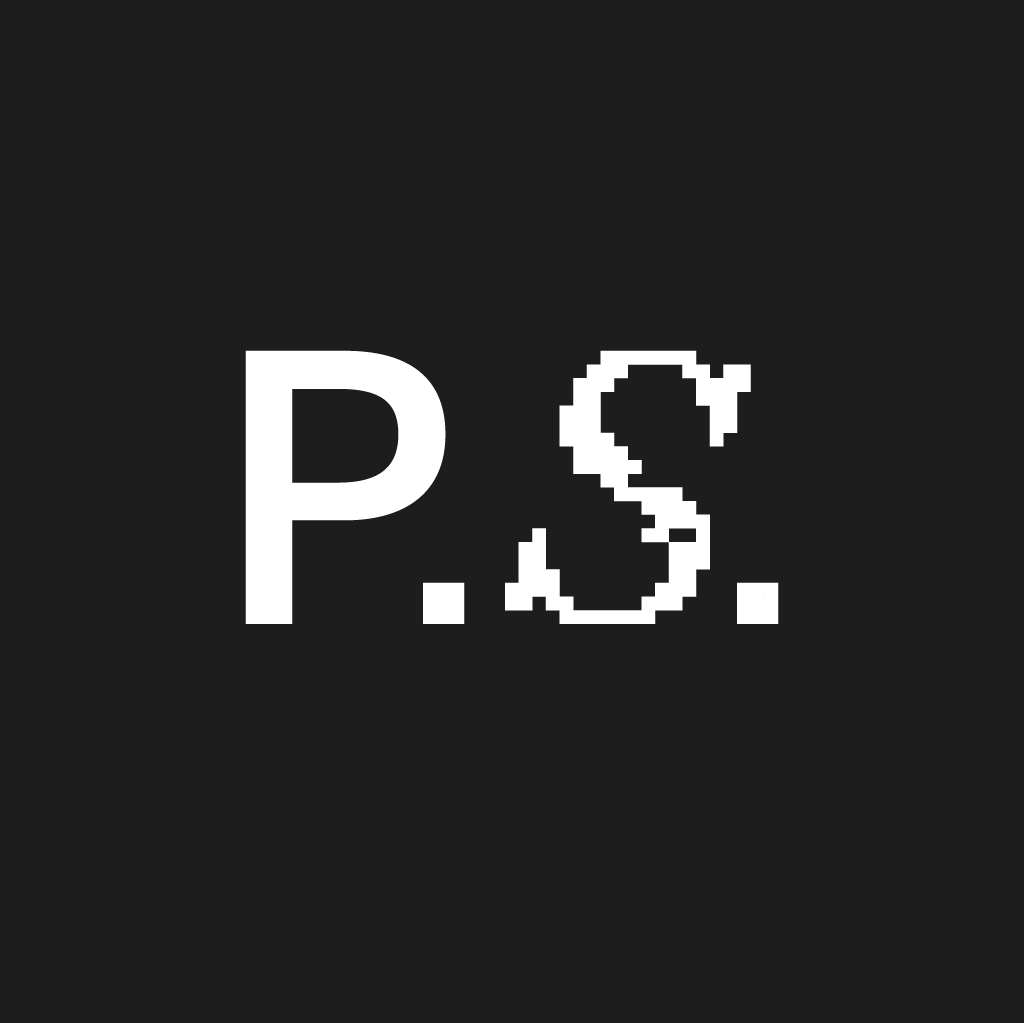
Discussion